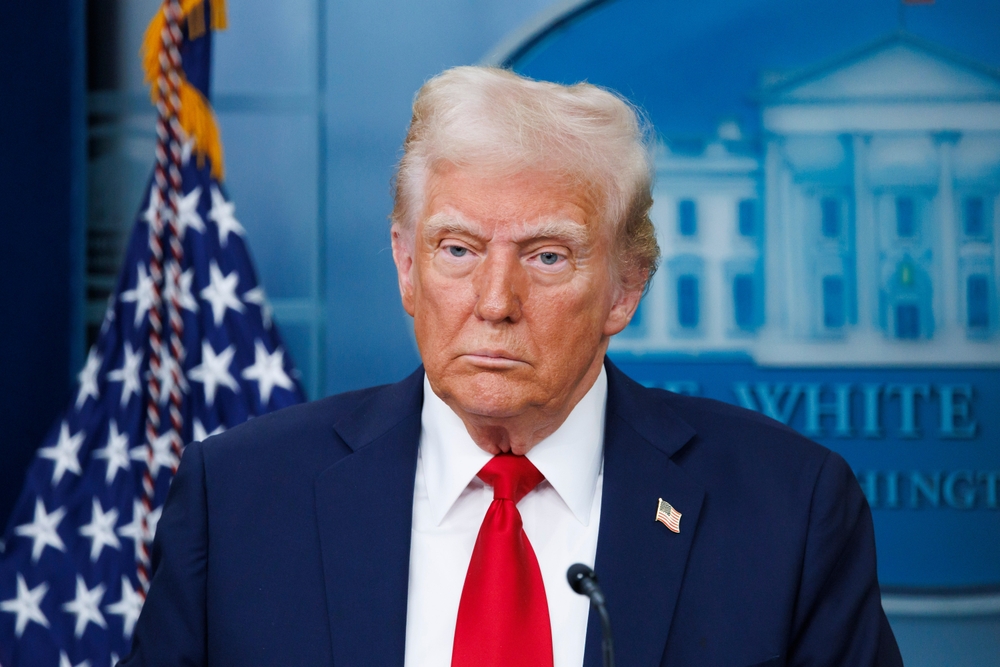Government Review Could Lead to Major Cuts in Harvard’s Federal Funding
Others are reading now
The recent announcement from the White House has created a stir in both academic and political circles.
The U.S. government has announced plans to cut approximately nine billion dollars in federal grants from Harvard University, reports Digi24.
This follows accusations that the university, along with Columbia University, has allowed “anti-Semitism” to spread on campus, especially in the context of protests related to the Israel-Gaza conflict.
The administration has accused the universities of not doing enough to address the issue and claims that more should be done to combat anti-Semitism within their walls.
Also read
The Trump administration has targeted these universities after a year of student protests against Israel.
The protests, which are largely pro-Palestinian, have drawn national attention, and the administration has made it clear that it will hold universities accountable for what it perceives as a failure to act against hate speech and discrimination.
The government has launched a “comprehensive review” of federal contracts and grants to Harvard, including a review of $255.6 million in contracts and over $8.7 billion in multi-year grants.
Harvard’s president, Alan Garner, responded by objecting to the cuts, warning that losing these funds would hinder vital research and endanger important scientific programs.
Garner also pointed out that the university has taken steps to address the problem, implementing stronger rules and disciplinary measures to curb anti-Semitic behavior.
However, the administration remains unsatisfied with these actions and is pushing for further reforms.
This move is part of a broader trend by the U.S. government, which has already cut $400 million in federal funds from Columbia University for similar reasons.
The administration has made it clear that further cuts could be on the horizon if universities do not meet its demands for stronger action against anti-Semitism on campus.
The outcome of this situation could have significant implications for both the universities involved and the broader landscape of higher education in the U.S.
As the debate continues, it raises important questions about the balance between free speech, academic freedom, and the responsibility of universities to create safe environments for all students.








